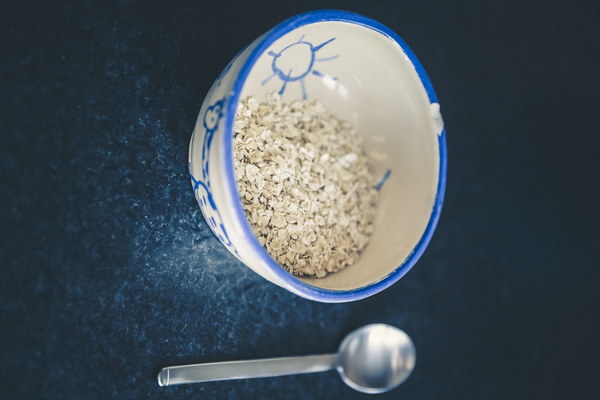The Hormonal Solution Can Hormones Really Battle Aging
In the quest for eternal youth, science has delved into various avenues to combat the signs of aging. One area that has sparked considerable interest is the potential role of hormones in anti-aging efforts. The question on everyone's mind is: can hormones really battle aging? Let's explore the topic in detail.
Hormones are chemical messengers that regulate various processes in the body, including growth, metabolism, and reproduction. As we age, the production of certain hormones naturally decreases, leading to the onset of age-related symptoms such as fatigue, weight gain, and muscle loss. This decline in hormone levels has prompted researchers to investigate whether replenishing these hormones can slow down the aging process.
One of the most researched hormones in the context of anti-aging is human growth hormone (HGH). HGH is produced by the pituitary gland and plays a crucial role in growth and development, as well as the maintenance of healthy tissues and organs. Studies have shown that HGH therapy can improve muscle mass, bone density, and skin elasticity, which are all hallmarks of youthful appearance.
Another hormone that has garnered attention is testosterone, particularly in the context of aging men. As men age, their testosterone levels decline, leading to symptoms such as fatigue, reduced libido, and muscle loss. Testosterone replacement therapy (TRT) has been shown to alleviate these symptoms and improve overall quality of life in men.
Estrogen, on the other hand, is a hormone that is often associated with women's health and reproductive function. However, it has also been studied for its potential anti-aging effects. Estrogen therapy has been shown to improve skin elasticity, reduce the risk of osteoporosis, and improve cognitive function in postmenopausal women.
While the evidence suggests that hormones can play a role in anti-aging, it is important to approach the topic with caution. Hormone therapy is not without its risks, and it is essential to consult with a healthcare professional before undergoing any treatment. Some potential risks associated with hormone therapy include:
1. Increased risk of cardiovascular disease: Certain hormones, such as estrogen, may increase the risk of blood clots, heart attacks, and stroke.
2. Breast cancer: Estrogen therapy has been linked to an increased risk of breast cancer, particularly in women with a family history of the disease.
3. Endometrial cancer: In postmenopausal women, estrogen therapy may increase the risk of endometrial cancer.
4. Ovarian cancer: In premenopausal women, estrogen therapy may increase the risk of ovarian cancer.
Despite these risks, many people opt for hormone therapy due to its potential benefits. To maximize the benefits and minimize the risks, it is crucial to:

1. Seek guidance from a healthcare professional: Only a healthcare professional can determine whether hormone therapy is appropriate for you and help you find the right dosage and type of hormone.
2. Monitor for side effects: Be vigilant about any new or worsening symptoms and report them to your healthcare provider.
3. Consider alternative treatments: If hormone therapy is not suitable for you, there are other anti-aging treatments available, such as skincare products, exercise, and a healthy diet.
In conclusion, while hormones can play a role in anti-aging, it is important to approach the topic with caution and seek guidance from a healthcare professional. By understanding the potential benefits and risks, you can make an informed decision about whether hormone therapy is right for you. Remember that true anti-aging involves a holistic approach, including a healthy lifestyle, regular exercise, and a balanced diet.









